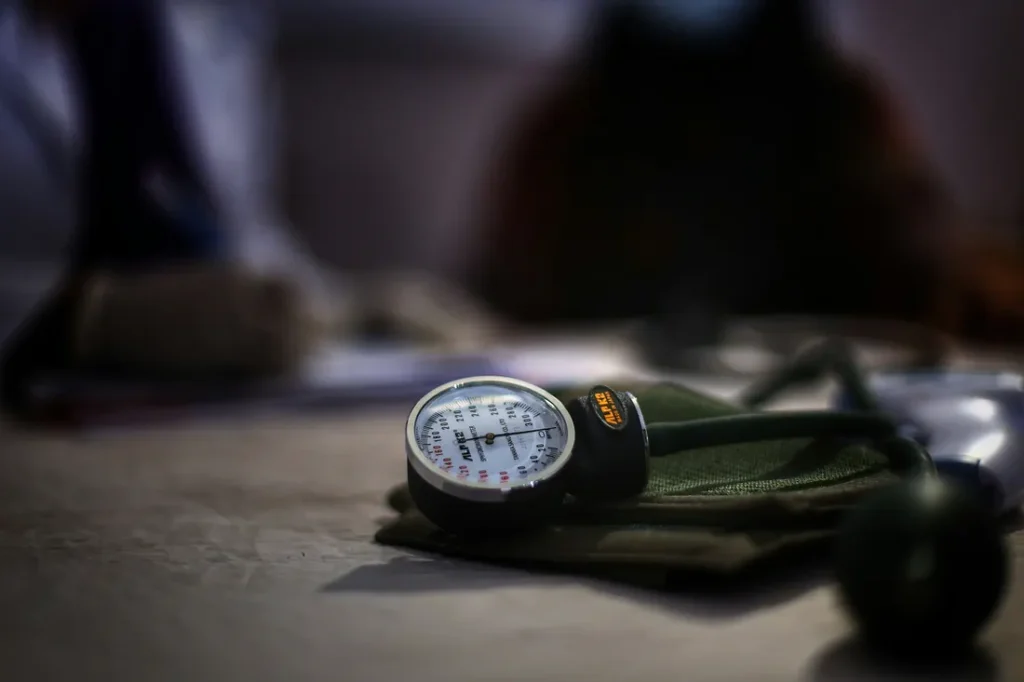Imagine your loved one lives alone and is watching their favorite sports team. Now, imagine numerous calls to check on them, and you get no response. Since you had spoken to them earlier that day, you assumed they were well, and after the late-night football game, you assumed they had gone to bed. The next morning, you check in on your loved one again, and there is no response. The pit in your gut tells you to go check on them. When you do, you find them unconscious with a very low heart rate. Of course, you call 911, and first responders arrive and find your loved one with a heart rate of 40 and a blood pressure of 70/30. Over the past 5 years, your loved one has lost 50 pounds, changed their nutritional habits, and exercised three to four times a week. The blood pressure medication prescribed 10 years prior had not been changed or evaluated despite the lifestyle change.
Medication Maintenance Requires Practitioner Oversight
Lack of attention to medications prescribed over many years can lead to problems like what I described above. The blood pressure medication was too strong for this loved one. The other issue was that blood pressure monitoring was not done at home. It is critically important that anyone taking blood pressure medication needs an annual evaluation by their practitioner. High doses of blood pressure medication must be assessed when there are health changes, such as weight and nutritional changes. Dosing may need to be adjusted or, sometimes, they may not need the medication. Living with a chronic condition like high blood pressure does not mean you do not get the evaluations to ensure things are going well. Loved ones living alone need to have a level of check-ins. I know our elders cherish their independence. In reasonable reality, we honor their space, but finding a loved one unconscious is a feeling or reality none of us wants to experience.
Causes of Low Blood Pressure
Low blood pressure can be caused by various factors that affect the body’s ability to regulate blood pressure. Understanding the underlying causes of a fall in blood pressure is part of the caregiver’s responsibility. Be mindful of how long a loved one has been on blood pressure medications. Other causes may include dehydration, ongoing heart conditions, bleeding, and low blood sugar (hypoglycemia), which can lead to drops in blood pressure, to name a few.
As Your Proactive Caregiver Advocate, we value our loved ones’ independence. We also value their health conditions. This means consistent blood pressure medication evaluation. Managing low blood pressure is necessary for maintaining overall well-being. A redeemed lifestyle and making dietary adjustments improve quality of life, and medications could be a thing of the past. Be Safe! Be Well!
Dr. Cynthia J. Hickman is a retired registered nurse and case manager who serves as the CEO of Your Proactive Caregiver Advocate. She is eager to share her newest book, The Essential Caregiver Training Course for Corporations and Community. Her earlier works, From the Lens of Daughter, Nurse, and Caregiver: A Journey of Duty and Honor, and The Black Book of Important Information for Caregivers, highlight her experiences and insights gained through her h

